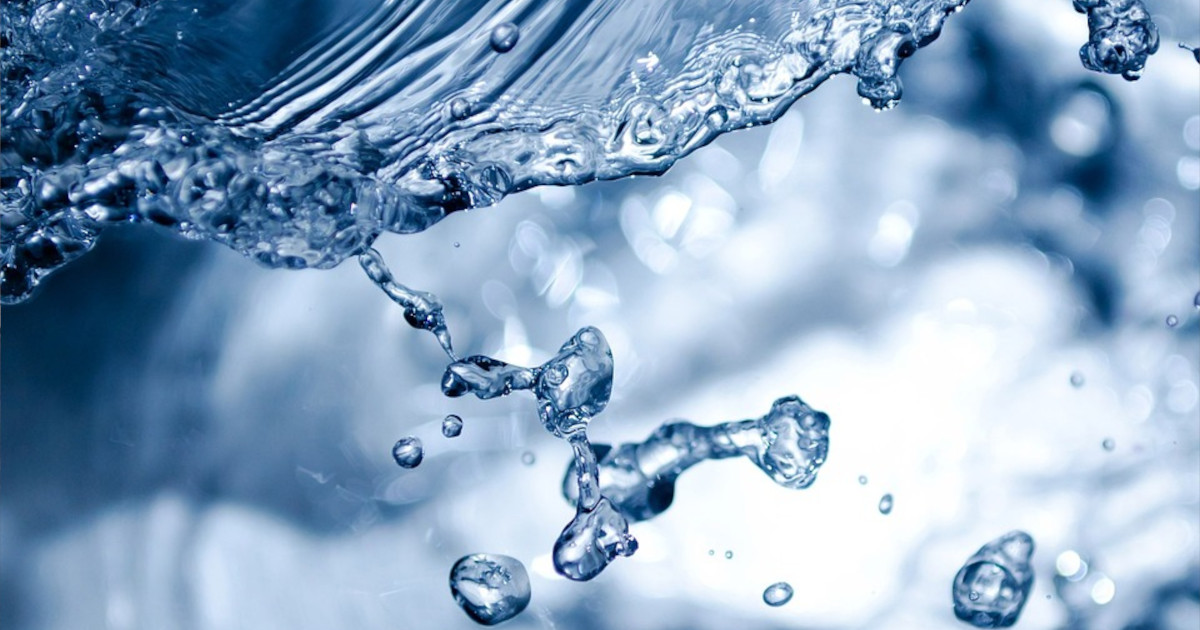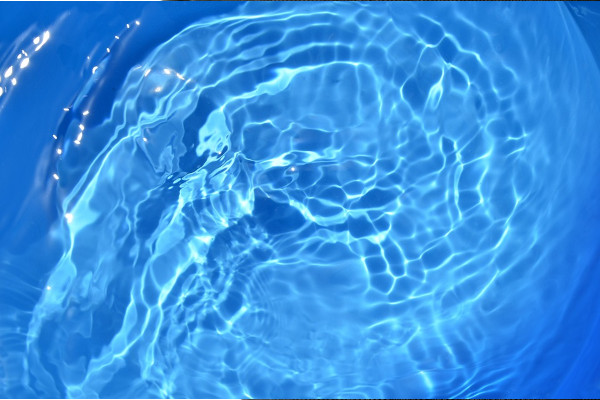Featured Information

Water plays a crucial role in maintaining kidney health and overall well-being. The kidneys are vital organs responsible for filtering waste products, regulating fluid balance, and maintaining electrolyte levels in the body. Adequate hydration and a balanced water intake are essential for optimal kidney function. Here’s how water affects kidney health:
First: Fluid Balance
Water is essential for maintaining the body’s fluid balance, which is crucial for proper kidney function. The kidneys regulate the concentration and volume of urine based on the body’s hydration status. Insufficient water intake can lead to dehydration, causing the kidneys to conserve water by reducing urine output. This concentrated urine can increase the risk of kidney stone formation and urinary tract infections.
Second: Waste Removal
The kidneys filter waste products, toxins, and excess substances from the bloodstream to be excreted as urine. Sufficient water intake helps ensure adequate urine production, allowing the kidneys to effectively eliminate waste materials from the body. Insufficient hydration can lead to the accumulation of waste products and impair kidney function, potentially increasing the risk of kidney damage or disease.
Third: Prevention of Kidney Stones
Kidney stones are hard mineral and salt deposits that form in the kidneys. Adequate water intake is essential for preventing kidney stone formation. Sufficient hydration helps dilute urine and prevents the concentration of minerals and salts that can crystallize and form stones. Proper hydration also helps flush out potential stone-forming substances, reducing the risk of stone development.
Fourth: Blood Pressure Regulation
Maintaining proper hydration levels contributes to healthy blood pressure. The kidneys play a crucial role in regulating blood pressure by controlling fluid and electrolyte balance. When the body is dehydrated, the kidneys release hormones that constrict blood vessels, leading to an increase in blood pressure. Chronic dehydration can contribute to long-term hypertension, which is a risk factor for kidney disease.
Fifth: Kidney Disease Prevention
Adequate water intake is associated with a reduced risk of developing kidney disease. Chronic dehydration can strain the kidneys, impair their function, and increase the likelihood of kidney damage. Research suggests that proper hydration may help lower the risk of developing conditions such as chronic kidney disease and urinary tract infections.
Sixth: Urinary Tract Health
Water plays a vital role in maintaining the health of the entire urinary tract, including the kidneys, bladder, and ureters. Drinking an adequate amount of water helps flush bacteria and toxins out of the urinary system, reducing the risk of urinary tract infections. It also promotes regular urination, which can help prevent the accumulation of harmful substances in the bladder and urinary tract.
Seventh: Kidney Function Support
Proper hydration supports overall kidney function and can help individuals with pre-existing kidney conditions manage their condition more effectively. For those with reduced kidney function, maintaining adequate hydration can help optimize kidney function, prevent complications, and slow down the progression of kidney disease.
To support kidney health, it is generally recommended to drink an adequate amount of water daily. The exact water intake requirements may vary based on individual factors such as age, weight, activity level, climate, and overall health. As a general guideline, consuming around 8 cups (64 ounces or 2 liters) of water per day is often recommended, but individual needs may vary. Consulting with a healthcare professional can provide personalized recommendations based on specific circumstances.
It’s important to note that excessive water intake beyond what is necessary for hydration may not provide additional benefits and can strain the kidneys in certain medical conditions. Therefore, it’s best to maintain a balanced approach to water intake and consult a healthcare professional for personalized guidance.


